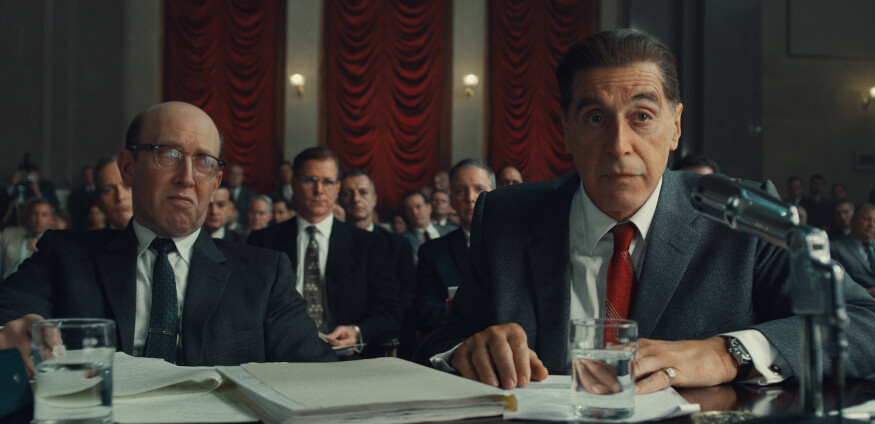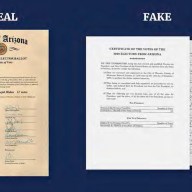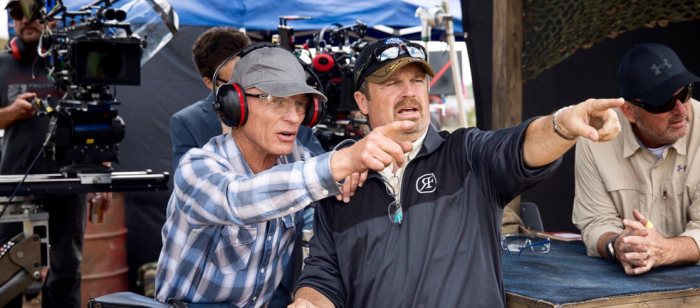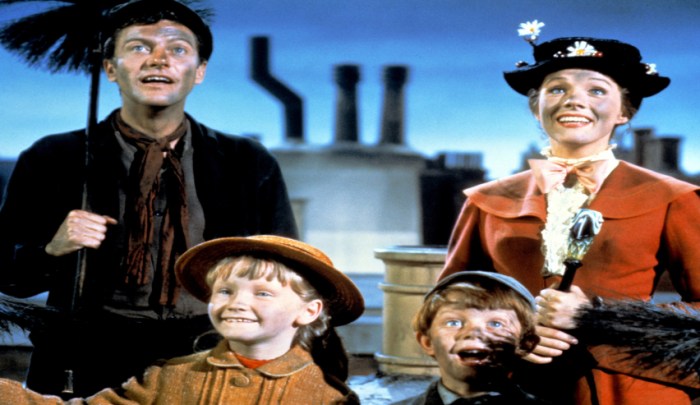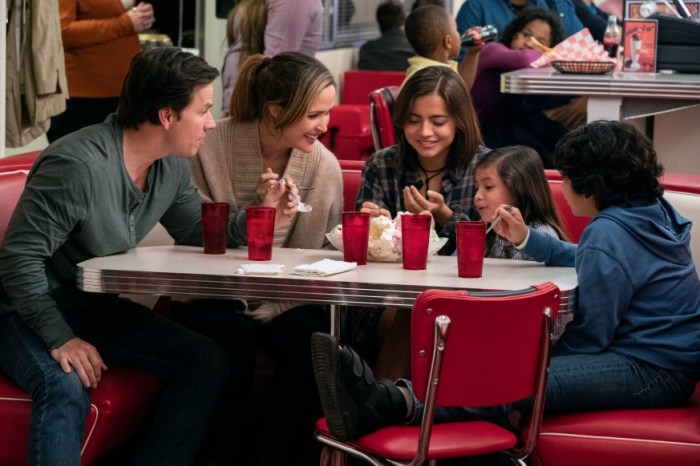The most unforgivable thing a movie can be is boring. It’s not that “The Irishman” is explicitly and obviously boring, it’s just that in certain intervals it is painfully unaware of its plodding, self-congratulatory and at worse, vacuous nature and this heavy unawareness becomes difficult to watch.
Martin Scorsese created a recent Twitter uproar when he said that the films of the Marvel Cinematic Universe were the cinematic equivalent to “roller coasters.” I have no strong opinion one way or the other about the MCU films. This article isn’t about them. But if that’s the case ‘The Irishman” is a roller coaster ride for out-of-touch baby boomers.
‘The Irishman’ is a roller coaster ride for out-of-touch baby boomers
“The Irishman” is similar to being at a family event and watching an uncle tell a story poorly. It’s kind of out of place, repetitive and nobody has the heart to tell him to stop. Everyone smiles and nods, because hey, it’s your uncle, he’s told some great stories. Yeah, this one feels really familiar. Yeah, it’s kind of hard to distinguish how it’s different from all the “best stories” that your uncle has told. But you want to try, and you squint and you hope, and smile but nothing changes and you’re forcing a smile…
So yeah, at times, “The Irishman” has a lot of problems. And by “at times” I really mean most of the movie. Because it has the undue problem of being way too long, with no realistic way to make it shorter.
It’s sorely in need of an intermission, but the rub is that there’s no one single sequence that carries enough confidence or gravitas to offer a nice little break from all. It’s one meandering sequence that just keeps going and since the principals are so strongly aligned with a well-proven sensibility that was bulletproof thirty years ago, you better be on the edge of your seat, otherwise you just don’t get it. A series of anecdotal and genre scenes happen in succession, honestly without much substance outside of aesthetics. The parts are interesting enough in small doses, it’s that the sum of these parts is woefully incapable of doing what it’s set out to do.
This larger concern, what the point of “The Irishman” actually is, is that the entire crux of the plot – you know, the story, the vehicle for the audience to take away something thematically important – that one Irish guy who ended up killing people for the mob influenced history, may be based on an exaggeration, presumption or outright lie. The juiciest admission from the source material is essentially that they armed the people who killed Kennedy – and for reasons that still feel unclear (despite it coming up immediately at a press conference) it’s left out of the story entirely. It’s like we’re wading into a pool and being told it’s the ocean.
The issue this causes isn’t contingent on whether the story is true or not. The issue is that the underlying ambiguity amplifies an already simmering conflict of themes and presentation – that the first two acts serve as a glorification – apologists can just call it an “examination,” I guess, of the criminal lifestyle and male privilege, while the third act is a pretty facile exercise. It’s the solemn part of the film where the characters start to think about the consequences of their behavior, because self-reflection is timely not when you commit murders but when their daughters won’t talk to them because maybe you are a bad guy. That’s a sensible story about humanity with thematic depth, right? This contrast between “crime fun” and “crime consequences” is Scorsese’s bread and butter. In this instance, it is very, very stale.

Another thing that is hard to do is character building. It is not made from a character repeating questions that other characters ask and having a propensity for ice cream and punctuality and just repeating those things over and over again – I don’t feel like I’m suddenly watching Jimmy Hoffa when that happens. Pacino chews up the set as we knew he would. De Niro is understated and affable and does great work with what he has. Pesci is incredible in a great role, which is essentially playing Joe Pesci in different moods, which is the role of a lifetime for someone exactly like Joe Pesci. This is in no way a bad thing.
The very bigness of “The Irishman” as an event contributes to this fatigue around the story. I can’t imagine how many more times I can see these people shoot people while getting something somenew out of it. Reading that the producers see this film as a critique on male toxicity through an ‘older perspective’ only offers further hand wringing, discomfort and eyebrow lowering. There has to be more depth and female characters who aren’t background cut-outs of people with spare dialogue to fuel the male characters.
It’s hard to offer it as a criticism of male toxicity when it also serves to glorify and satirize it, and the female characters offer literally nothing besides winsome looks and a desire to smoke cigarettes. We’re told they have personalities but they have no room to actually do anything despite the bloated run time. The third act does its best to make some emotional depth and consequences for the characters’ decision-making. We’re meant to look down on these characters for their sins, however, we’re also supposed to care about their insight to the human condition, making it contradictory and questionable of why we’re watching what we’re watching. Yes, people are both good and bad. Yes, dichotomies are something college freshmen have figured out. None of this makes compelling storytelling just because a guy murdered guys. It’s like one really long, really bad episode of “The Sopranos.”
It’s like that older relative again, who’s giving you the sage advice that they didn’t take themselves. But they still have time to change and say something new. But no, they insist, it’s too late. ‘I still have time to tell you how you’re wrong and how everything used to be better.’

